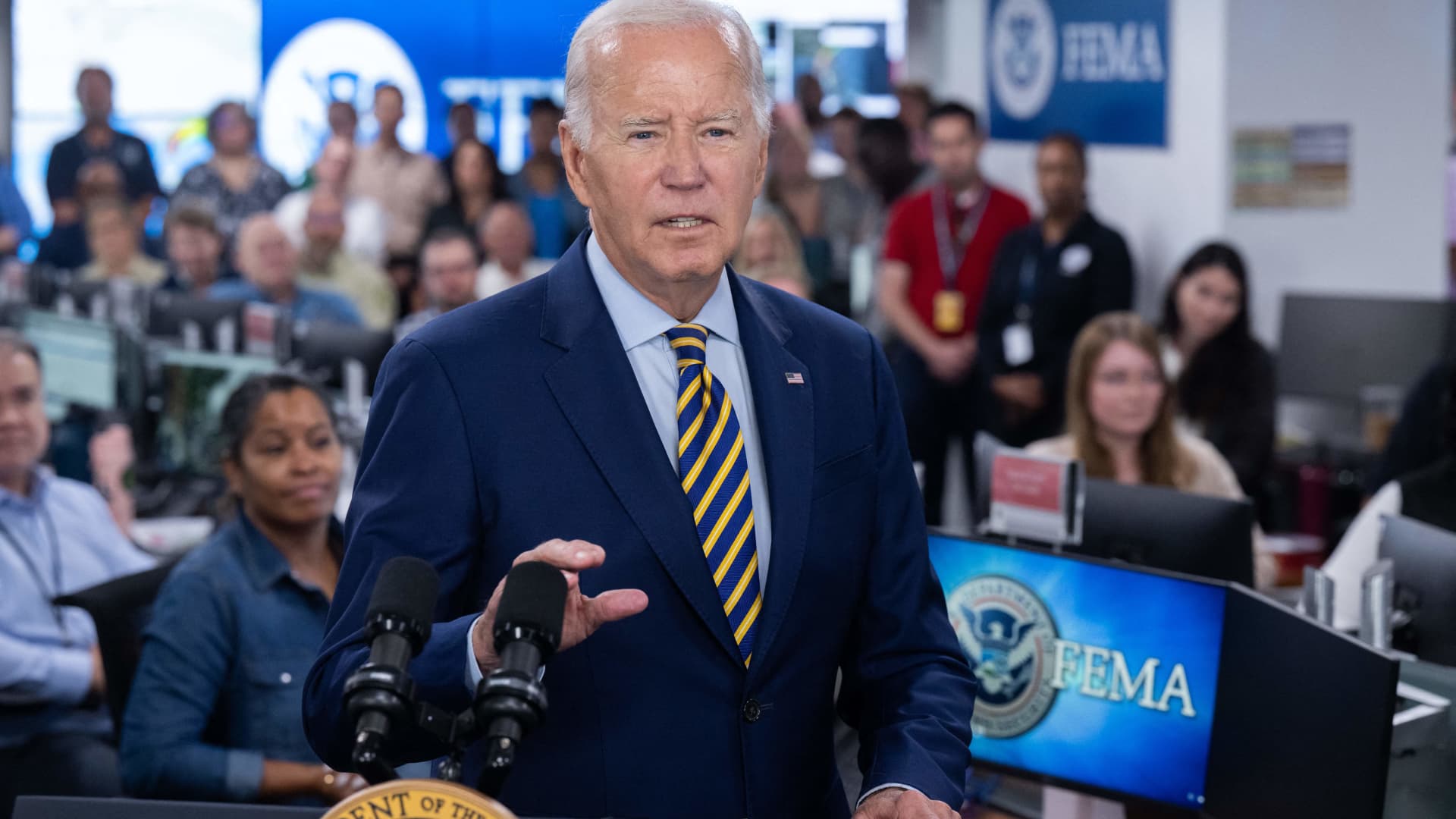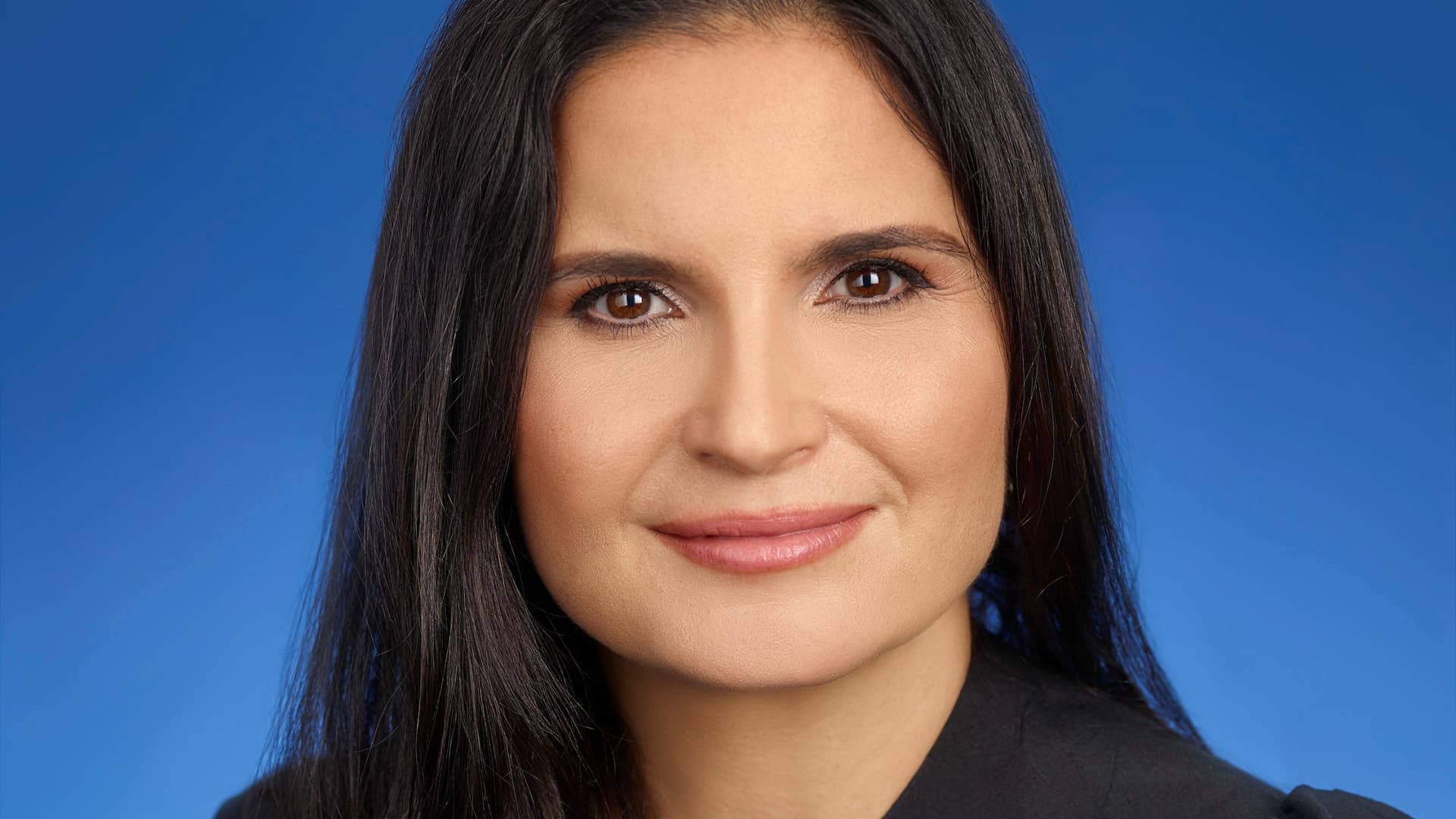US Markets
Friday, March 15th, 2024 3:34 am EDT
Key Points
- Reports throughout the week highlighted the persistent nature of inflation, with data indicating a faster-than-expected increase in inflationary pressures, challenging policymakers’ assumptions about its transitory nature.
- Consumer expectations accelerated in February, followed by a 3.2% year-over-year rise in consumer prices and a significant increase in wholesale inflation, causing concern about the durability of inflation.
- Despite surging energy prices contributing to inflation, evidence suggests broader pressures from items like airline fares, used vehicles, and beef, signaling a potential end to disinflation in goods prices. Stubbornly high prices have impacted consumer behavior and expectations, prompting doubts about the Fed’s ability to achieve its 2% mandate and suggesting a possibility of the Fed holding rates higher for longer than anticipated.
This week, a series of reports emphasized the persistent nature of inflation, casting doubt on its transitory nature as previously suggested by policymakers. From consumer expectations to wholesale prices, data indicated a notable acceleration in inflationary pressures, raising concerns about its longevity. The week started with a New York Federal Reserve survey revealing an uptick in consumer expectations for the longer term, followed by reports showing a 3.2% year-over-year increase in consumer prices and a 0.6% rise in wholesale prices, exceeding expectations. These developments present a challenge for the Federal Reserve as it convenes for a policy meeting, prompting reevaluation of interest rates and longer-term projections. Steven Blitz, chief U.S. economist at TS Lombard, noted the difficulty of justifying preemptive rate cuts in light of the data, suggesting a reversal of the previous disinflation trend. Despite surging energy prices contributing to the inflationary surge, broader pressures from items such as airline fares, used vehicles, and beef were evident. The stubbornly high prices have impacted consumer expectations and behavior, with inflation expectations rising in a New York Fed survey, indicating skepticism about the Fed’s ability to achieve its mandate. This skepticism suggests the Fed may maintain higher rates for longer than expected, challenging market expectations. Alongside robust inflation data, consumer spending showed signs of moderation, with retail sales figures coming in below estimates. Investors await insights from the Federal Open Market Committee meeting, anticipating updates on rate decisions and longer-term economic outlooks. Despite the Fed’s patient approach, economists suggest the possibility of future rate hikes amidst evolving economic conditions.
For the full original article on CNBC, please click here: https://www.cnbc.com/2024/03/14/this-week-provided-a-reminder-that-inflation-isnt-going-away-anytime-soon.html




